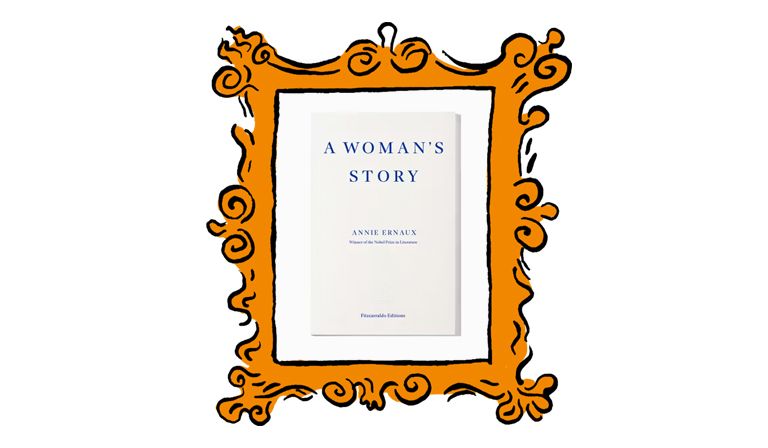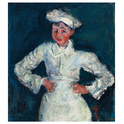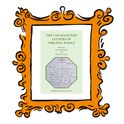Two things have happened in recent weeks that highlight the paradoxical and fragile state of contemporary literature in the UK. On 25th September, the White Review—the independent magazine of new writing that has published the likes of Sally Rooney and Sophie Mackintosh—announced it would be entering indefinite hiatus. It had depended on Arts Council funding since its inception in 2011, but said that its last three applications had been rejected, all but sealing its fate. This was a major blow for those who have been following the magazine and seen many of its writers rise to national prominence over the years.
A week later, on 5th October, the Norwegian writer Jon Fosse was announced as this year’s recipient of the Nobel Prize for Literature. This marked an extraordinary feat for Fosse’s British publisher, Fitzcarraldo Editions, who now boast five Nobel winners on their roster (four of whom were published before they won the prize). They are also the publisher of last year’s winner Annie Ernaux. Before he founded Fitzcarraldo in 2014, Jacques Testard had been involved in setting up a small literary magazine alongside the journalist Ben Eastham. That magazine was called the White Review.
We can only parse what either of these things mean by first taking a step back, because literature has always had the same problem: unlike film, unlike theatre, it is one of the loneliest of the arts by virtue of the demands it makes of us. (It doesn’t help that literature’s biggest names are seldom its most vocal cheerleaders; Fosse, long considered a Nobel favourite, lives amid the Norwegian fjords.) You can go to readings and events, sure, but fundamentally the thing itself requires carving out some time to be on your own. The power of literature, both the writing and the reading of it, is all in the head. Yet that power—to be moved by people dead or who never existed at all, by events that have less shape than dreams—is probably the closest thing we have to magic.
And this is the role publishing houses and magazines play in our cultural ecosystem: as a reminder that our capacity to experience that magic still exists, and that it can be made anew. It also tells us that we’re far from alone. “The real machinery of a magazine,” as the novelist Adam Thirlwell put it in a guest editorial for the White Review back in 2014, “is how it converts the solitary act of writing into something social.”
If you look at things this way, you could say that literature in the UK is in rude health. Fitzcarraldo is part of a wave of independent publishers who are proving that the appetite for new, innovative writing is as strong as it ever was. Contrary to conventional (read: the government’s) wisdom, that success has not correlated with exponential growth. When I spoke to Testard last year off the back of Ernaux’s Nobel win, I was struck by his eagerness to keep Fitzcarraldo a small and nimble operation. If it published more books a year than he could physically read for himself, Testard said, he would begin to wonder what the point was. Certainly when I visited them, Fitzcarraldo had just six fulltime employees.
Yet as the fate of the White Review shows, “small” nowadays is often a synonym for “precarious”, and the insistence on staying small is patently confusing to whoever holds the governmental purse strings. (It should be said that Fitzcarraldo also receives Arts Council funding.) Maybe this is why the general feeling around literature in the UK seems, at the moment, to be “despite the odds”: despite funding cuts, despite cuts to arts education, despite everything, the ecosystem lives on. The danger is that this is perceived as evidence of some innate resilience rather than a symptom of managed decline.
The difficulty with trying to gauge the health of the arts is that it isn’t a matter of life and death. There will never be a point when the arts cease to exist; we will publish books until the end of days. But who will it be for, and what will it say? It seems to me very telling that all Fitzcarraldo’s Nobel laureates are writers working in other countries and in other languages, while four of the UK’s last five Nobels were awarded to writers born outside the UK. Without more avenues like the White Review, it is hard to see where, or how, the next generation of British writers will emerge.
“I think that the fact that such a magazine exists is one proof that literature might still be possible in this distracted era,” wrote Thirlwell of the White Review. With its hiatus, literature has possibly become just a little less possible. And so, while Fitzcarraldo continues to bring the best of the world to our doorstep, we should maybe also take a moment to pause and think: what more can be done for us to make this at home?
The fragility of literature in the UK
While British publishers and writers conquer the world, our literary culture is nevertheless falling apart
October 12, 2023













